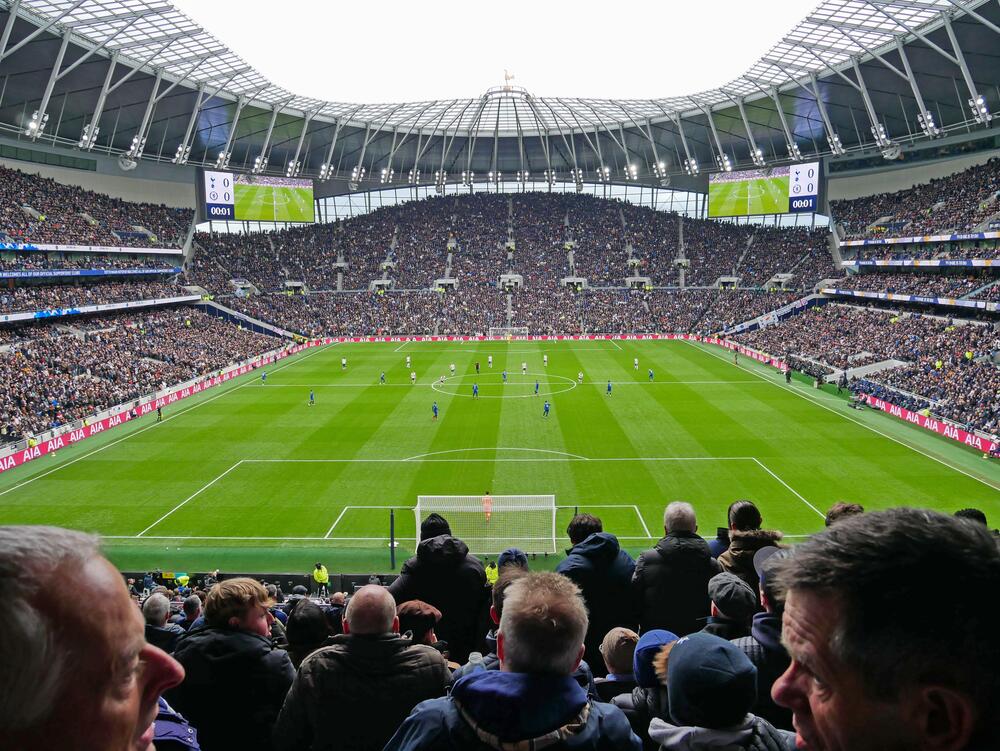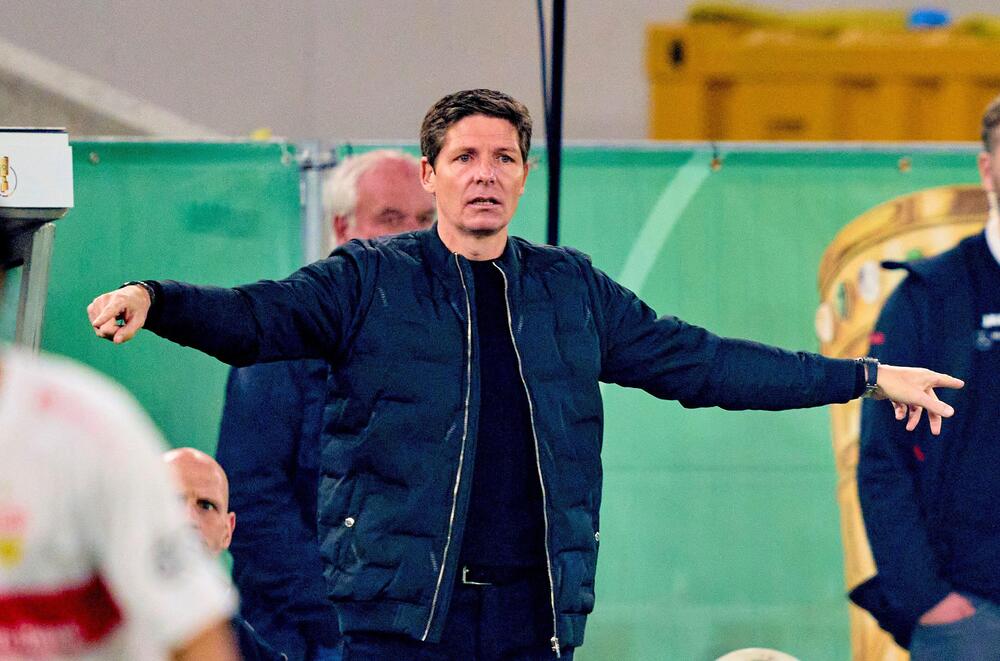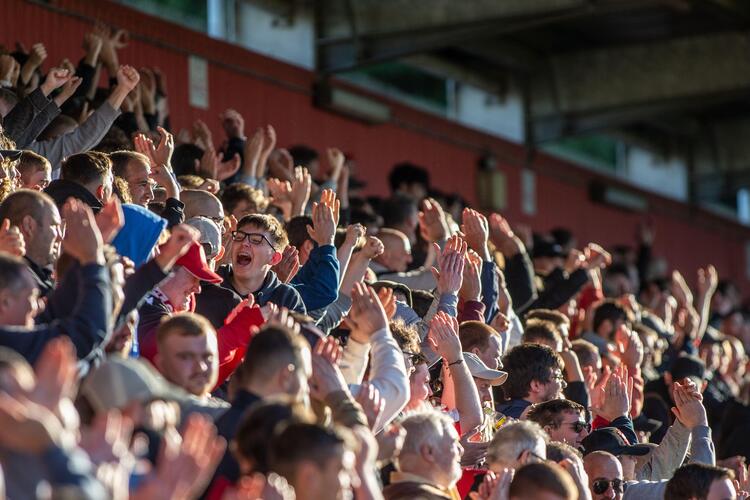In modern football, the artistry of the set piece is often relegated to the background, overshadowed by the prevailing trend towards possession-based, fluid styles of play. Teams across the globe are increasingly embracing sophisticated, ball-dominant strategies, where intricate passing sequences and tactical movement are the order of the day. The days of a Tony Pulis-led Stoke City or a Sam Allardyce-inspired, direct, target-man approach seem to be fading into the annals of football history—or so it seems.
Why Set Pieces Still Matter!
To dismiss set pieces as relics of a bygone era would be a grave oversight. In a game where margins are often razor-thin, the ability to execute a well-drilled corner, a pinpoint free kick, or a perfectly timed long throw remains as crucial as ever. While the slick, possession-oriented game might capture the headlines, it’s often the humble set piece that can turn the tide of a match, catching defences off guard and providing the crucial edge needed to secure victory.
Leaders in Set Piece Progression
Through an extensive analysis of Premier League data, we have identified which teams have shown the most significant progression in set-piece performance since the 2019-20 season. Our focus was on the cumulative changes in goals scored and goals conceded from set pieces, allowing us to evaluate each team’s overall improvement or decline.
The Progression Score
To measure this progression, we introduced a “Progression Score,” calculated by subtracting the cumulative change in goals conceded from the cumulative change in goals scored from set pieces. A higher score reflects better performance in both increasing goals scored and reducing goals conceded from set pieces.
Arsenal: The Benchmark in Set Piece Mastery
The data highlights Arsenal as the standout team, boasting a remarkable Progression Score of 30—the highest in the Premier League by a significant margin. Since the 2019-20 season, Arsenal have improved their set-piece goals by 17 and reduced their goals conceded by 13. This transformation is a testament to the work Mikel Arteta, his coaching staff, and the players have put into addressing what was once a major vulnerability for the club. Arsenal’s dominance in this area is unmatched, with their score far surpassing the rest of the league.
Newcastle and Chelsea: Chasing the Leaders
Newcastle United ranks second, albeit with a much lower Progression Score of 10. While they have managed to increase their set-piece goals by 10, their goals conceded from set pieces have remained static. Chelsea, on the other hand, have seen a 5-goal increase in their set-piece goals while reducing goals conceded by 3, giving them a solid progression score of 8.
Everton, Manchester City, and the Mid-Table Progressors
Sean Dyche’s Everton follows closely with a score of 7, achieved by scoring 7 more set-piece goals without any change in the number of goals conceded. Manchester City, known for their precise, possession-based style under Pep Guardiola, have a Progression Score of 7. The reigning champions scored 3 more goals from set pieces while conceding 4 fewer, a noteworthy achievement even if they aren't top of this particular table.
Aston Villa and Fulham complete the top six, with Villa showing a 2-goal increase in set-piece goals and a 4-goal reduction in goals conceded, resulting in a Progression Score of 6. Fulham, despite increasing their set-piece goals by 5, conceded 3 more, leaving them with a Progression Score of 2.
Struggles at the Bottom: Manchester United, Nottingham Forest, and Tottenham Hotspur
At the opposite end of the set-piece performance spectrum, the Premier League’s traditional powerhouses and a recent returnee to the top flight find themselves struggling. Manchester United, Nottingham Forest, and Tottenham Hotspur occupy the bottom three spots when it comes to improvements in set-piece effectiveness, each grappling with significant setbacks in this crucial area of the game.
Manchester United, a club with a storied history of dominating both ends of the pitch, has experienced a noticeable decline in set-piece performance. The Red Devils have seen a 4-goal decrease in set-piece goals since the 2019-20 season, coupled with a worrying 6-goal increase in goals conceded from similar situations. This combination has resulted in a dismal Progression Score of -10, highlighting a critical area of concern for Erik ten Hag and his coaching staff. Despite their efforts to rebuild the squad and implement a more cohesive tactical approach, United’s vulnerability at set pieces remains a glaring weakness, one that could undermine their ambitions for domestic and European success if not addressed promptly.
Nottingham Forest, having re-established themselves in the Premier League after years in the wilderness, share the same Progression Score of -10. Forest's return to the top flight has been a rollercoaster, and their set-piece struggles are indicative of the challenges they face in competing at this level. A 5-goal drop in set-piece goals and a matching 5-goal increase in goals conceded paint a troubling picture for the club. These numbers suggest that Forest’s issues with set pieces are both offensive and defensive, requiring a comprehensive overhaul if they are to solidify their status in the Premier League.
Then there’s Tottenham Hotspur, a club undergoing significant transition under the leadership of Ange Postecoglou. Spurs have managed to increase their set-piece goals by just one, but this minor improvement is heavily overshadowed by a staggering 12-goal increase in goals conceded from set pieces. This has left them with a league-worst progression score of -11. For a team with ambitions of breaking back into the top four and competing for major honours, such defensive frailty at set pieces is alarming.
Whilst the focus in modern football may have shifted towards fluid, possession-based styles of play, the enduring significance of set pieces cannot be overstated. As demonstrated by the data, set pieces remain a pivotal aspect of the game, capable of altering the outcome of matches and seasons. Teams like Arsenal have shown that mastering this often-overlooked element can provide a decisive edge, whereas struggles in this area, as seen with Manchester United and Tottenham, can prove costly. As football continues to evolve, the art of the set piece will remain a crucial tool in any team’s arsenal no pun intended. A potent reminder that even in an era dominated by elaborate tactical systems, simplicity and precision still have their place in the beautiful game.








